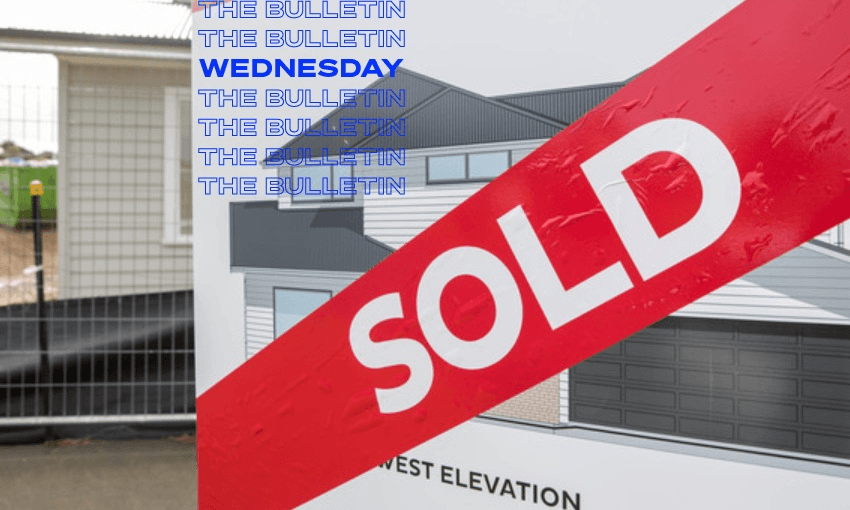After seven record-breaking months of consents, New Zealand’s construction sector faces a big house building programme, Justin Giovannetti writes in The Bulletin.
Housing consents in New Zealand continue to hit new records. The number of new homes consented hit a record 41,000 in March earlier this year, surpassing the previous peak set in 1974. And then something largely unnoticed but extraordinary happened. In the seven months since March, the number of new consents has continued to soar. Yesterday, consents hit a record 47,331 homes over the year to September according to StatsNZ. It’s a 25% increase in a year, outpacing the price increase over the same period and marking a sustained shift in the country’s housing sector as councils and homeowners have shown an appetite to build.
Really, this is good news. Another way to look at the data is by 1,000 residents. The country has grown tremendously since the great construction boom of the 1970s, so it puts the current figures in perspective. As of last month, 9.3 homes were consented per 1,000 residents. While not a record on that basis, the last time consents were that high was May 1977, when former prime minister Rob Muldoon was still in his first term. In July 2011, only 3 homes were consented per 1,000 people. A record low.
In Auckland, the number of homes consented rose almost 30% since last September, while multi-unit homes like flats and townhouses now make up more than half of new builds in that city and Wellington. With the construction industry facing staff and material shortages, whether those consents can be turned into built houses over the coming years remains a big question mark.
Record consents come while the Reserve Bank warns again, more loudly this time, that house prices are unsustainable. The bank’s governor, Adrian Orr, issued a fresh warning yesterday that house prices pose a threat to the country’s financial stability. According to Stuff, he added that nearly half of the country’s wealth is tied up in the housing market and that’s not a good idea. While the government has looked to Orr to try to lower prices, he once again suggested that the bank’s lowering of interest rates was only a small part of the rise. New Zealand’s mortgage rates are actually high by international levels, according to Orr, so something more fundamental than just cheap borrowing was responsible for the collapse of affordability over the past year.
Will prices come down, in my lifetime? The reserve bank is releasing a financial stability report later today that’s likely to reflect the governor’s warnings. As Interest reports, the bank has said that house prices were high but sustainable through to 2020. Then they soared. With interest rates going up and supply increasing rapidly, “prices are likely to come under pressure to realign with fundamental values.” In a thinly veiled explanation of what that means, the governor described a number of occasions when housing prices fell sharply around the world over the past 50 years.
This is part of The Bulletin, The Spinoff’s must-read daily news wrap. To sign up for free, simply enter your email address below


